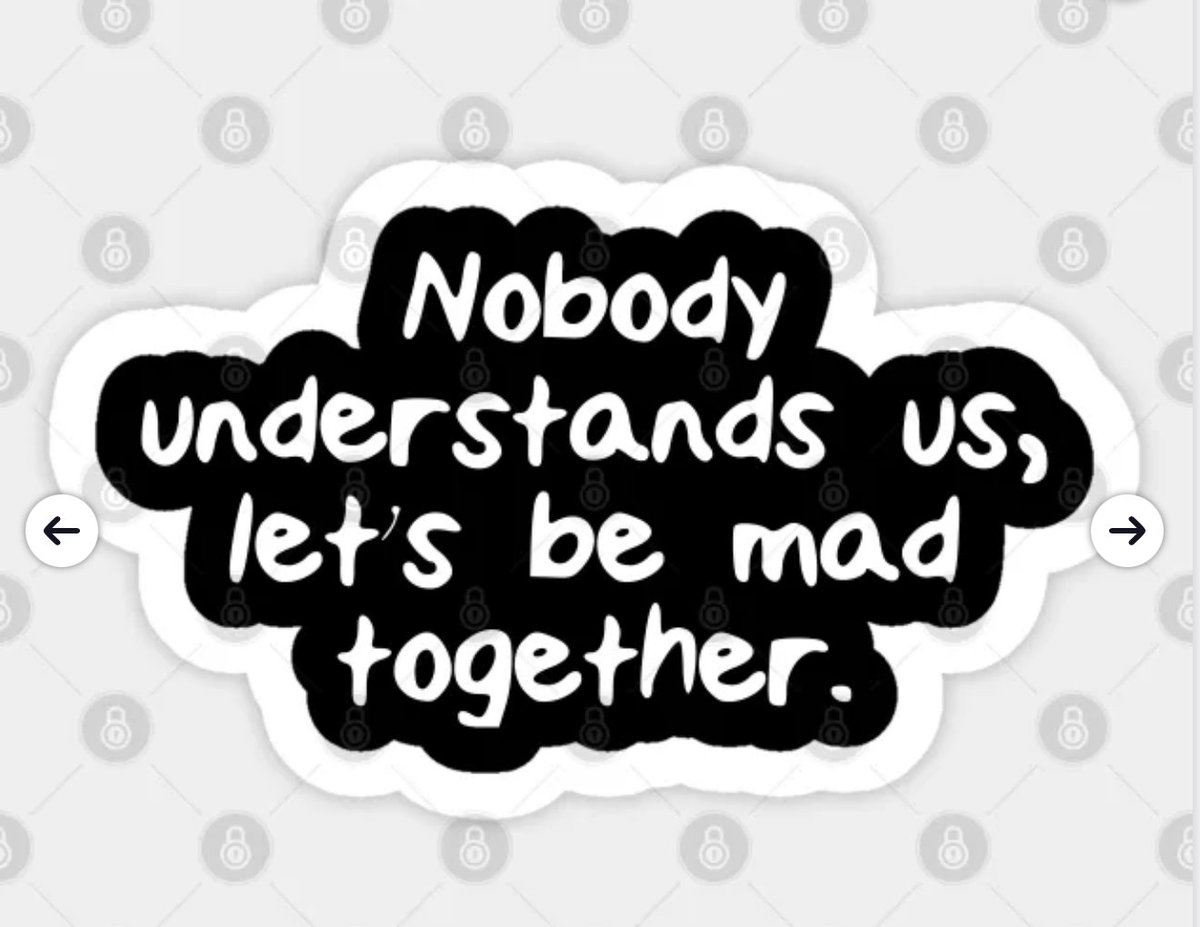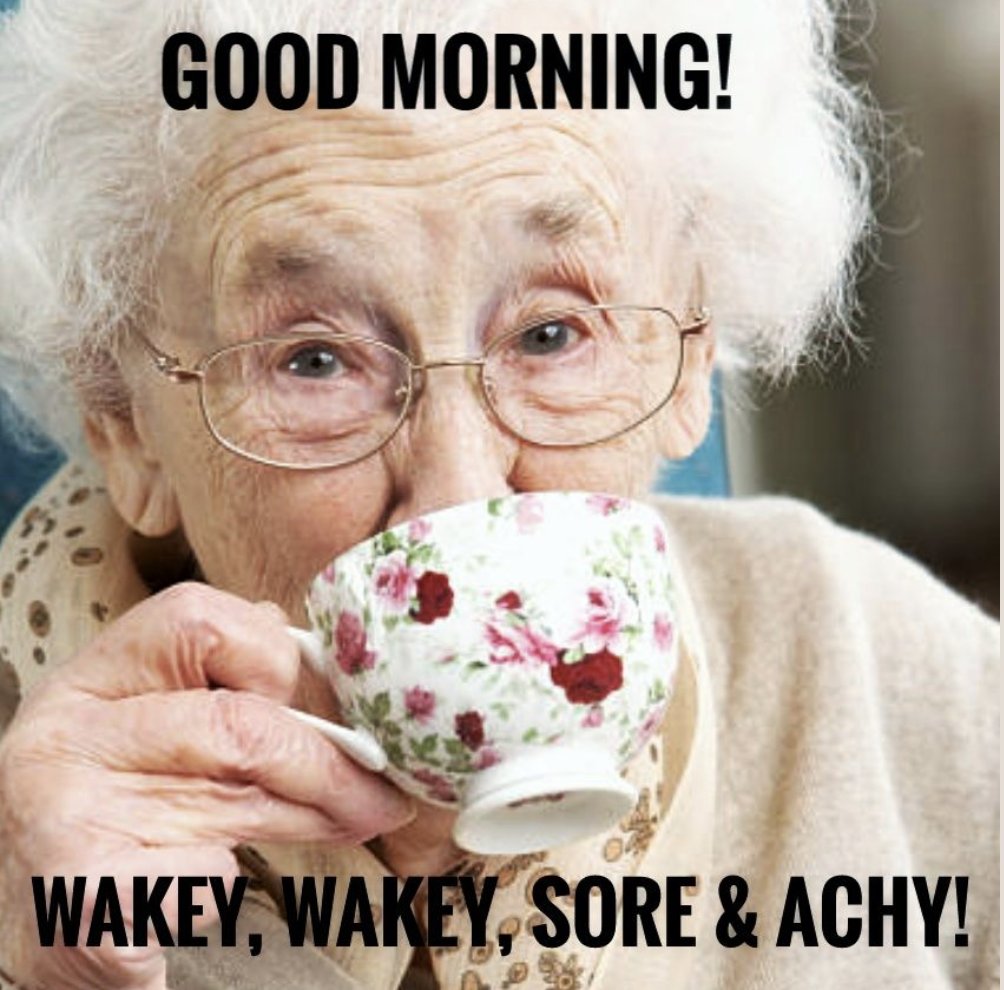(1/10) Although we work hard in our assisted living home to improve the health of our residents, we still have to work with people with cognitive decline on a daily basis.
Our caregivers have received a lot of training in this area. Some of the best training came from @amindforallseas CEO Eric Collett. Here is a summary of his program called the VITAL 5 Pillars.🧵
amindforallseasons.com
Our caregivers have received a lot of training in this area. Some of the best training came from @amindforallseas CEO Eric Collett. Here is a summary of his program called the VITAL 5 Pillars.🧵
amindforallseasons.com
(2/10) Eric ran a large assisted living facility (100+ beds) and is an expert in working with people with dementia.
He believed we can do better, and so started his company @amindforallseas to do just that.
They are the company that helps us interpret lab results of our residents and set up a program to improve their cognitive abilities.
amindforallseasons.com/enhance-protoc…
He believed we can do better, and so started his company @amindforallseas to do just that.
They are the company that helps us interpret lab results of our residents and set up a program to improve their cognitive abilities.
amindforallseasons.com/enhance-protoc…
(3/10) VITAL is an acronym for 5 aspects of dementia care that really help. Our caregivers have been using them for several years now with great success.
I'll go over each part in this thread.
I'll go over each part in this thread.

(4/10) First is 'Validate the person's emotional experience'. Feelings are complex neurochemistry. Your experiences are filtered through an array of your belief system, your attitude, your values, your prior knowledge, and other aspects. Those inputs make you feel a certain way.
You can choose how to react, but your brain just dictates how you feel.
For people with dementia, it really helps not to try to talk people out of how they feel about something. Instead try to acknowledge how they feel. Try labeling their feelings.
"You seem mad."
"You seem sad."
"You seem excited."
Then join them in their feeling. If they seem mad, be mad with them at a common enemy.
If someone with dementia feels like you understand what they are feeling and acknowledge it, things just seem to go better.
You can choose how to react, but your brain just dictates how you feel.
For people with dementia, it really helps not to try to talk people out of how they feel about something. Instead try to acknowledge how they feel. Try labeling their feelings.
"You seem mad."
"You seem sad."
"You seem excited."
Then join them in their feeling. If they seem mad, be mad with them at a common enemy.
If someone with dementia feels like you understand what they are feeling and acknowledge it, things just seem to go better.

(5/10) Next is improvise and be 'in the moment'. People with dementia only remember recent things for a very short period of time - in some cases only seconds.
They also frequently still have long-term memories from years in the past - especially for the ages between 15-30.
With these memories, it's like they're on stage at an improv act where they hand actors a card and they have to start acting right away. They just go with whatever happens at that time.
You should join the improv. Just go with whatever the person with dementia is acting out (as long as it is safe).
youtube.com/watch?v=2vUb8t…
They also frequently still have long-term memories from years in the past - especially for the ages between 15-30.
With these memories, it's like they're on stage at an improv act where they hand actors a card and they have to start acting right away. They just go with whatever happens at that time.
You should join the improv. Just go with whatever the person with dementia is acting out (as long as it is safe).
youtube.com/watch?v=2vUb8t…
(6/10) T stands for 'Terminate the Task Trap - connect first!'. This is particularly useful in an assisted living facility setting.
Eric believes this is the biggest problem in healthcare settings. It sets the caregiver and resident off on the wrong foot.
Say a caregiver comes in a person's room in the morning to get them dressed and showered. They walk in and immediately start listing off the tasks they are going to do.
"Good morning. We have to get you up, showered, shaved, dressed and over to breakfast. Do you need to go to the bathroom?"
youtube.com/shorts/VfxQy6I…
Eric believes this is the biggest problem in healthcare settings. It sets the caregiver and resident off on the wrong foot.
Say a caregiver comes in a person's room in the morning to get them dressed and showered. They walk in and immediately start listing off the tasks they are going to do.
"Good morning. We have to get you up, showered, shaved, dressed and over to breakfast. Do you need to go to the bathroom?"
youtube.com/shorts/VfxQy6I…
(7/10) (Task Trap part 2)
Imagine if a stranger walked into your room at your home in the morning and started rattling off a list of things for you to do.
I don't know about you, but I might start looking for my gun.
That's what it often seems like to someone who has dementia.
"Who is this person and why are they in my room talking to me like that?"
Instead Eric teaches that we want to connect with the resident first.
"Good morning. How are you? It's so great you could spend the night with us last night. Did you sleep ok?"
Make them feel comfortable. Then ease them into tasks for the day one by one.
Imagine if a stranger walked into your room at your home in the morning and started rattling off a list of things for you to do.
I don't know about you, but I might start looking for my gun.
That's what it often seems like to someone who has dementia.
"Who is this person and why are they in my room talking to me like that?"
Instead Eric teaches that we want to connect with the resident first.
"Good morning. How are you? It's so great you could spend the night with us last night. Did you sleep ok?"
Make them feel comfortable. Then ease them into tasks for the day one by one.

(8/10) The A reminds us to 'Accommodate Sensory Deficits'. The sense of people with Alzheimer's or dementia are dulled.
- Peripheral vision narrows greatly. They can see things telescopically like you do if you cup your hands and put them up to your eyes.
- They have trouble picking out objects next to each other that are very similar in color
- Their hearing is often much worse
- Language skills deteriorate making it harder to communicate
That means we have to remember people with dementia experience life differently.
It means don't approach people with dementia from behind or the side. You'll startle them.
Or maybe don't have a white shower chair in a white shower where it's hard for them to see it.
Only talk about one thing at a time so they can concentrate on it.
- Peripheral vision narrows greatly. They can see things telescopically like you do if you cup your hands and put them up to your eyes.
- They have trouble picking out objects next to each other that are very similar in color
- Their hearing is often much worse
- Language skills deteriorate making it harder to communicate
That means we have to remember people with dementia experience life differently.
It means don't approach people with dementia from behind or the side. You'll startle them.
Or maybe don't have a white shower chair in a white shower where it's hard for them to see it.
Only talk about one thing at a time so they can concentrate on it.

(9/10) Life history provides context and identity means we want to gather information about what the resident did in their younger days. It might explain why they are acting the way they are.
Then you can improvise and be in the moment with them. You can validate their emotions because you know what they are experiencing.
For instance, Eric had a resident in his facility who owned a meat-packing business when he was younger. Every day he would go around to all the different machines in the business and check on his employees.
At the assisted living facility he would go to other people's rooms and 'check on them'. He would also occasionally pick things up that belonged to others and put it in his walker basket.
Often an assisted living staff might say "That doesn't below to you. We need to put it back." Or worse they might drug him to stop him from wandering.
Instead Eric teaches to terminate the task trap. Go up to the resident and say 'It's great to see you" and build some rapport.
Then say "Oh my gosh, I've been looking all over for that object. I can't believe you found it." The resident was just trying to be helpful thinking of their prior life. You want to improvise and be in the moment with them.
Then you can improvise and be in the moment with them. You can validate their emotions because you know what they are experiencing.
For instance, Eric had a resident in his facility who owned a meat-packing business when he was younger. Every day he would go around to all the different machines in the business and check on his employees.
At the assisted living facility he would go to other people's rooms and 'check on them'. He would also occasionally pick things up that belonged to others and put it in his walker basket.
Often an assisted living staff might say "That doesn't below to you. We need to put it back." Or worse they might drug him to stop him from wandering.
Instead Eric teaches to terminate the task trap. Go up to the resident and say 'It's great to see you" and build some rapport.
Then say "Oh my gosh, I've been looking all over for that object. I can't believe you found it." The resident was just trying to be helpful thinking of their prior life. You want to improvise and be in the moment with them.
(10/10) Using these 5 pillars really helps our assisted living caregivers interact with our residents much more easily. We have much fewer challenging issues.
I highly recommend you check out the work @amindforallseas is doing if you have someone in your family with cognitive decline.
If you're interested in helping yourself or another older family member stay in great shape through their entire lives, I have an email newsletter I put out three times a week describing lots of things you can do to stay out of a nursing home. I'd love to help any way I can.
aparadiseforparents.beehiiv.com/subscribe
I highly recommend you check out the work @amindforallseas is doing if you have someone in your family with cognitive decline.
If you're interested in helping yourself or another older family member stay in great shape through their entire lives, I have an email newsletter I put out three times a week describing lots of things you can do to stay out of a nursing home. I'd love to help any way I can.
aparadiseforparents.beehiiv.com/subscribe
• • •
Missing some Tweet in this thread? You can try to
force a refresh






